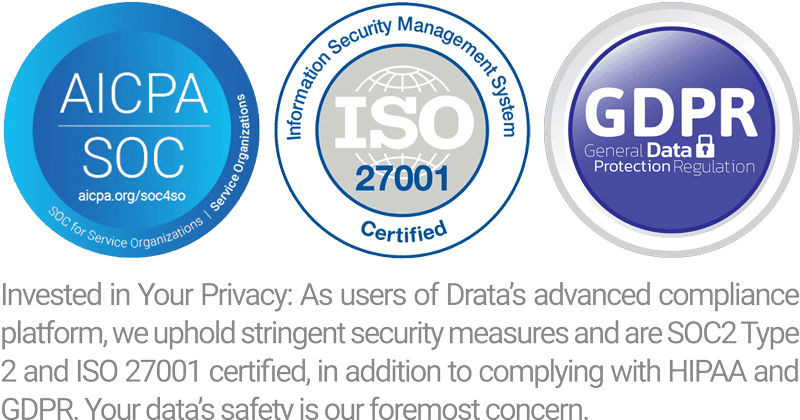Why Is a Lead Management System Important?
 After your marketing efforts generate a lead, what happens to it? According to recent reports, most marketing leads are never pursued. In fact, it’s estimated that 80% of leads generated through marketing get lost, discarded or ignored. That’s a lot of lost revenue. The most effective way to prevent leads from evaporating is to use a lead management system.
After your marketing efforts generate a lead, what happens to it? According to recent reports, most marketing leads are never pursued. In fact, it’s estimated that 80% of leads generated through marketing get lost, discarded or ignored. That’s a lot of lost revenue. The most effective way to prevent leads from evaporating is to use a lead management system.
Why is having a lead management system important? There are two answers: 1) you’ve spent money and resources on marketing activities to capture a lead, so it’s important not to waste that effort; and 2) most leads don’t convert on the first impression, which means they need to be nurtured over time.
So, most organizations can benefit from implementing a lead management system. Some of the more important benefits include:
Lead Organization
An lead management system provides an organized method of classifying and scoring leads as they are captured. They can be organized in multiple ways – by geography, media channel, behavioral traits, engagement period and more. Without a lead management system, it can be challenging to coordinate distribution or maintain an appropriate exposure schedule.
Response time
Today’s consumer demands rapid response to an inquiry. Without a lead management system, requests to the most likely buyers might be delayed. If some leads don’t receive a response in one hour to one day, they have likely moved on to other options. Lead management allows a company to schedule automated responses – including requests made during peak hours and off hours – which allow companies to maintain contact with leads while requests are distributed to the appropriate departments.
Lead distribution
For companies with large sales territories, a lead management system provides an organized flow of leads to the sales force, either geographically or chronologically or by product line. This helps optimize the sales staff by distributing leads to appropriate salespeople in a timely fashion. The distribution process helps optimize the sales team’s efficiency – and reduces the risk of calling on dead ends.
Lead tracking
With a lead management system a company is able to determine a lead’s position in the sales pipeline in real-time. When leads become more engaged they can be scheduled to receive more influential exposures, such as webinar invitations or free white papers. As they progress through marketing impressions, leads can be prioritized for sales engagements. Lead management often promotes accurate sales forecasting, which leads to better operations management.
Build and maintain a relationship
Many buyers are not prepared to purchase after only one or two contacts. A lead management system funnels leads through a process of multiple engagements, so buyers become more familiar with the company or products and more comfortable with the decision to buy. When a lead requests information, responds to free offers, clicks a link or views a page, those actions create a profile that can be analyzed then used as a guide during sales calls.


